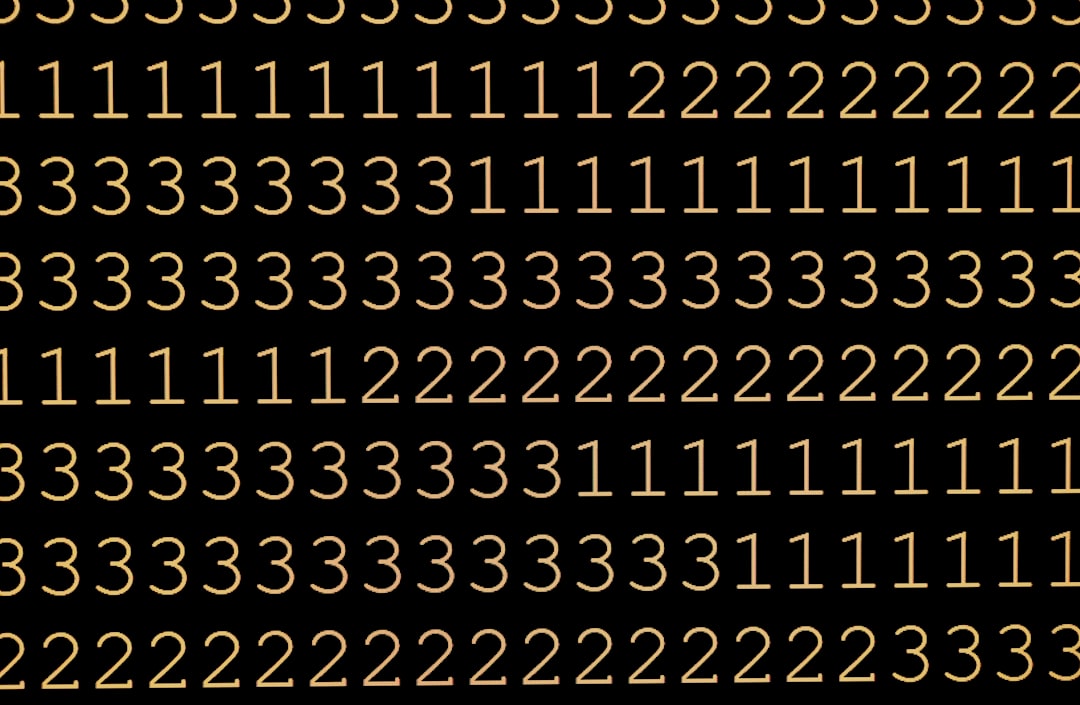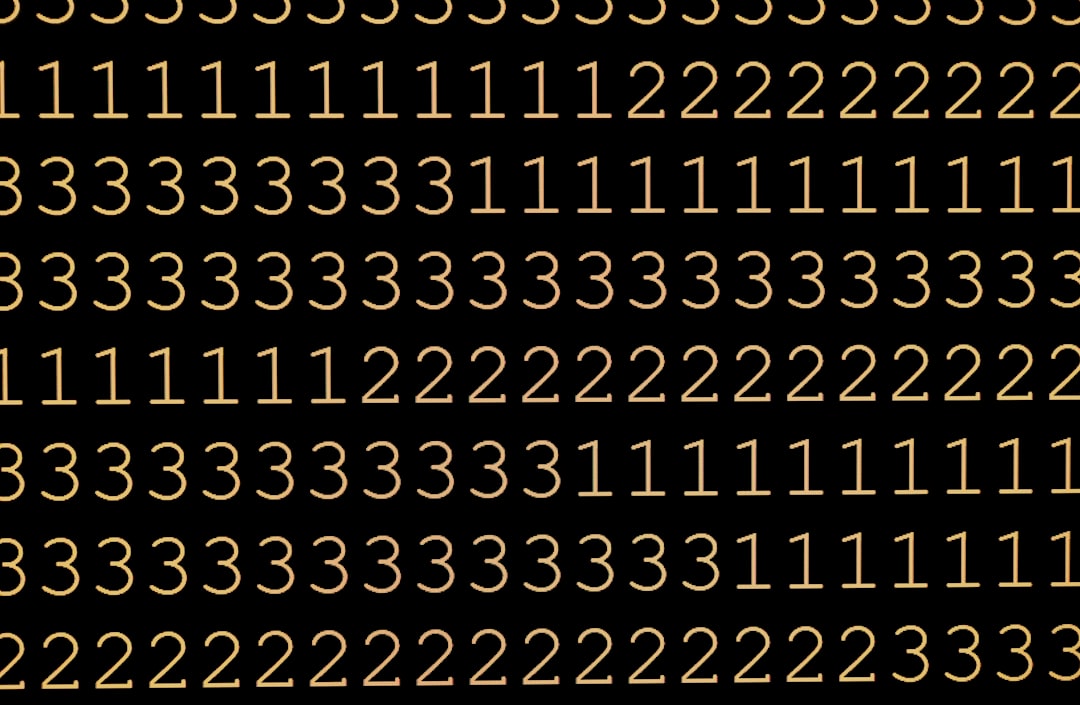Leetspeak, often stylized as “1337speak” or simply “leet,” is a form of modified spelling that replaces letters with numbers and symbols, primarily used on the internet. It started as a form of code during the early days of online communication and evolved into a digital subculture and playful cryptographic language used mostly in online communities, gaming forums, and hacker circles.
TL;DR:
Leetspeak is an alternative alphabet that uses numbers and symbols to replace standard letters. It originated in the 1980s among hacker communities as a way to stand out or avoid detection by automated keyword scanners. Over time, it moved into the mainstream, especially among gamers and internet users. While it’s not commonly used in serious communication, it remains a formative part of online culture.
Meaning of Leetspeak
The word “leet” originates from the term “elite,” and leetspeak was initially used to signify elite status within certain online communities, especially among early internet users who valued privacy, exclusivity, and technical knowledge. The main idea behind leetspeak is to disguise text in a way that is readable only to those ‘in the know’ — essentially making it a form of subcultural signaling.
In leetspeak, standard English letters are often replaced with visually-similar numbers or characters. For example:
- A becomes 4 or @
- E becomes 3
- L becomes 1 or |
- T becomes 7 or +
- S becomes 5 or $
So, the word “elite” might be stylized as “3l1t3” or even “£|!7£” in extreme cases. The degree of modification can vary greatly, depending on the purpose and audience.

The Origins of Leetspeak
Leetspeak emerged in the 1980s on bulletin board systems (BBS), where early internet enthusiasts, hackers, and programmers congregated. These communities were laden with exclusive jargon and identifiers that solidified user hierarchies. In particular, leetspeak was used by users who identified as “elite” hackers — individuals with advanced knowledge and privileges in accessing or manipulating computer systems.
Originally, the use of leet had a practical reason: to avoid detection by keyword scanners and moderators. By substituting letters for similar-looking numbers or characters, users could bypass filters that would detect banned words, such as software cracks or pirated content. For instance, “crack” might be written as “cr@ck” or “kr4k.”
As internet culture flourished and evolved during the 1990s and 2000s, especially with the rise of multiplayer video games and online forums like 4chan and Reddit, leetspeak spread beyond the hacker groups and found its place in online gaming lingo and meme culture.
Leetspeak in Gaming and Pop Culture
By the late ‘90s and early 2000s, leetspeak had become especially popular among gamers. Many players would use it to add flair to their usernames (e.g., “Sn1p3r” instead of “Sniper”) or to show community familiarity. It became an integral part of youth culture online, alongside gaming clans and meme-sharing platforms.
This was a time when MMORPGs (Massively Multiplayer Online Role-Playing Games), FPS (First-Person Shooters), and real-time chatrooms exploded in popularity. Leetspeak started being used ironically or humorously, with phrases like:
- “pwned” or “pwnd” – A twist on “owned,” indicating dominance over another player.
- “n00b” or “n00bz” – Refers derogatorily to new or inexperienced users.
- “h4x0r” – Slang for hacker.

Eventually, the mystique of leetspeak wore off as the mainstream caught on. Overuse of it in spam messages, meme culture, and humorous posts led to it being used more satirically than seriously. However, its influence persists, with elements of leetspeak still embedded in internet subcultures and jokes about “the old internet.”
Practical Uses and Legacy
Today, leetspeak is rarely used for obfuscation — its original goal. Most filters and detection software are sophisticated enough to catch basic word-replacement tricks. However, some cybersecurity researchers still monitor leetspeak variations because attackers occasionally use them in phishing emails or malware code to evade detection.
In a broader sense, leetspeak has left a lasting cultural imprint. It’s not just a quirky internet typing style; it reflects deeper characteristics of the online world, including:
- Adaptability and creativity in communication
- Community signaling and identity creation
- Resistance to censorship and authority
Moreover, leetspeak serves as a historical mirror of the early hacker ethos — one that valued wit, evasion, and niche knowledge. It reminds users of a time when the internet was less regulated, less commercialized, and more exploratory.
Modern Perception of Leetspeak
In modern use, leetspeak is often viewed as outdated or even cringey when used unironically. However, it maintains a nostalgic and sometimes humorous role within legacy communities or throwback content. Typing “1337” is now more likely done with a wink than with genuine elitism.
Leetspeak has also influenced how people approach usernames, passwords, and online aliases — contributing to the ongoing evolution of digital language and expression. Its cryptographic nature even plays into password security today, where using character substitutions like “M4r!0” instead of “Mario” is still one recommended tactic to improve password strength (though experts still recommend passphrases over substitutions).
Conclusion
Leetspeak may no longer dominate online discourse, but it offers a fascinating lens through which to view the internet’s early days. From hacker roots to gaming screens, leetspeak was both a linguistic shield and a cultural badge — marking those who ‘got it’ in a sea of digital anonymity. While its practical use might have waned, its cultural and historical relevance remains a legendary part of internet lore.
FAQ
What does “leet” mean?
“Leet” is derived from the word “elite” and originally referred to skilled hackers or tech-savvy individuals. It later came to describe members of certain online groups who used a distinctive form of modified text known as leetspeak.
Why was leetspeak invented?
Leetspeak was originally created to bypass word filters and automated searches for blacklisted keywords in online forums and BBSs. It helped users communicate covertly while signifying exclusivity and technical knowledge.
Is leetspeak still used today?
Yes, but primarily in a nostalgic, ironic, or humorous context. While not commonly used in serious communication, elements of leetspeak still appear in usernames, gaming culture, and internet throwbacks.
Is leetspeak a language?
Not technically. Leetspeak is more of an encoding of the English language rather than a distinct language of its own. It manipulates spellings using numbers and symbols to resemble letters.
Can using leetspeak improve password security?
While substituting letters with numbers (e.g., “P@ssw0rd”) can add a layer of complexity to a password, it’s not foolproof. Modern cybersecurity recommends using long, random passphrases rather than relying solely on character substitution.



